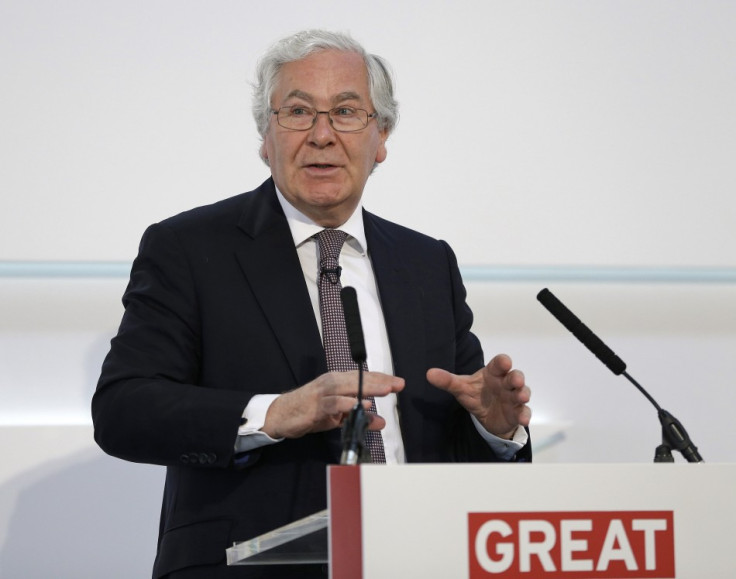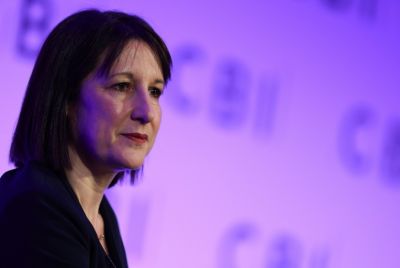Bank of England Sees Faster Inflation, Sluggish Growth as Eurozone Crisis Deepens

Britain will grow more slowly than first anticipated and inflation may quicken in the coming months as the Eurozone crisis continues to impact the recovery path of the region's second-largest economy, the Bank of England said in its quarterly inflation report.
The Bank expects flat growth for the British economy between now and the end of the year, with Governor Mervyn King even suggesting the potential for another contraction, before it begins a sluggish and uneven recovery path for the next two years. During that time, the Bank said, inflation will likely quicken to a pace of 2.6 percent by the autumn of next year before slowing to the Bank's preferred 2 percent target by 2014. The economy will likely expand at a 1.9 percent clip in two year's time, a slight reduction in the Bank's previous forecast in August.
"The future path of GDP will depend critically on developments in the global environment, with strains in the euro area posing the greatest risk to a sustained recovery," the Bank said. "The strength of the recovery will also depend on the vigour of any revival in productivity growth. The likelihood that demand and supply capacity will continue to move together, as they appear to have done over the recent past, means that some of the sources of uncertainty affecting the outlook for GDP have limited implications for inflation in the medium term."
King called the mix of faster inflation, slow growth and the simmering crisis in Europe an "unappealing" mix during his question and answer session with reporters in London following the Report's release.
The Eurozone's industrial output fell 2.5 percent in September, the region's statistic agency Eurostat said Wednesday, the steepest monthly decline in four years. The figures came just moments before Greece's statistics agency, ELSTAT, revised its first reading the the country's economic decline and said GDP would shrink by 7.2 percent this year in its fifth consecutive year of recession.
King said the Bank's Monetary Policy Committe had neither lost faith in the influence of its £375bn asset purchase programme, known as quantitative easing, nor taken any decisions as to whether more purchases might be needed if growth were to slow.
Inflation accelerated at a faster-than-expected 2.5 percent last month, the Office for National Statistics said Tuesday, thanks to a massive 19.7 percent increase in university tuition fees and higher food and transportation costs. The headline rate of consumer prices may not slow again until next year, economists say, as Britons absorb a near 10 percent increase in the price of home energy costs which are due to commence this month. The Bank's preferred 2 percent target for consumer prices hasn't been met since November of 2009.
Labour market data published Wednesday showed a bigger-than-expected increase in new jobless benefits claimants of 10,100, the highest in more than a year, and a surprise fall in the national unemployment rate to 7.8 percent, according to the ONS.
Britain's economy grew by 1 percent in the three months ending in September, the ONS said last month, marking the fastest advance for UK GDP in at least five years and helping Britain exit the steepest double-dip recession in at least three decades.
© Copyright IBTimes 2024. All rights reserved.






















